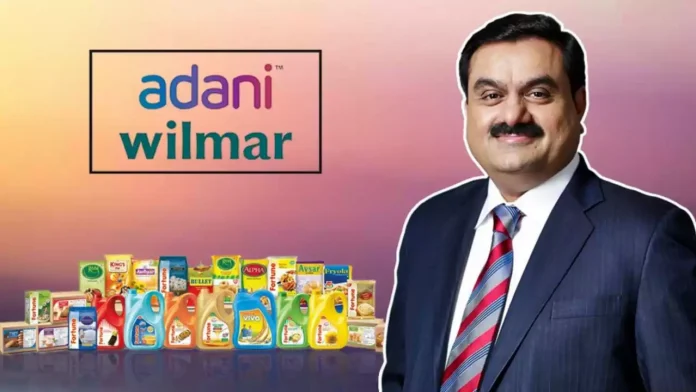To bolster its position in India’s growing packaged consumer goods market, Adani Wilmar is set to acquire three food companies, supported by a substantial $1 billion acquisition fund, as reported by Livemint.
Focus on Spices and Packaged Foods:
The company’s strategy includes acquiring at least three brands that specialize in spices, ready-to-cook foods, and packaged edibles. This initiative is part of its largest capital expenditure plan to date.
With growing interest from international and domestic investors, the group plans to boost its FMCG footprint by making strategic acquisitions over the current and upcoming financial year, concentrating on the southern and eastern regions of India.
Continue Exploring: Adani Wilmar to invest INR 600 Cr to boost edible oil production and expand food product line
Targeting 25-30% Revenue from FMCG:
The group’s long-term goal is to generate 25-30% of its total revenue from consumer-facing sectors, including food, FMCG, commodities, and airport services. According to sources cited by Livemint, Adani Wilmar is anticipated to pursue multiple acquisitions over the next two to three years.
Adani Wilmar, a joint venture between Adani and Wilmar, provides a wide array of food and FMCG products, such as edible oil, wheat flour, rice, pulses, and sugar. Its flagship brand, Fortune, serves 113 million households. In 2022, the company also acquired the packaged rice brand Kohinoor.
The report highlighted that the market for packaged staple food products is around 300 million tonnes, with edible oil consumption at 23 million tonnes.
The Adani Group has not yet provided a comment on these recent developments.
Strong Revenue and Profit Performance:
In the June quarter, Adani Wilmar reported revenues of INR 14,169 crore, an increase from INR 12,928 crore the previous year. The company posted a consolidated net profit of INR 313.2 crore, recovering from a net loss of INR 78.92 crore a year earlier. Revenue from its food and FMCG segment, which primarily includes Fortune-branded oil, wheat flour, and rice, grew by 40 percent.
Over the past year, Adani has increased its food distribution network by 18 percent, now servicing 740,000 direct outlets across 30,000 rural towns.
These acquisitions are in line with Adani’s broader strategy to expand its digital ecosystem via its super-app, Adani One, introduced last year. The app is intended to unify the group’s consumer-facing businesses, providing a holistic platform for accessing food, FMCG, and various other products and services. Adani targets engaging 400 million users through the app by 2030.





